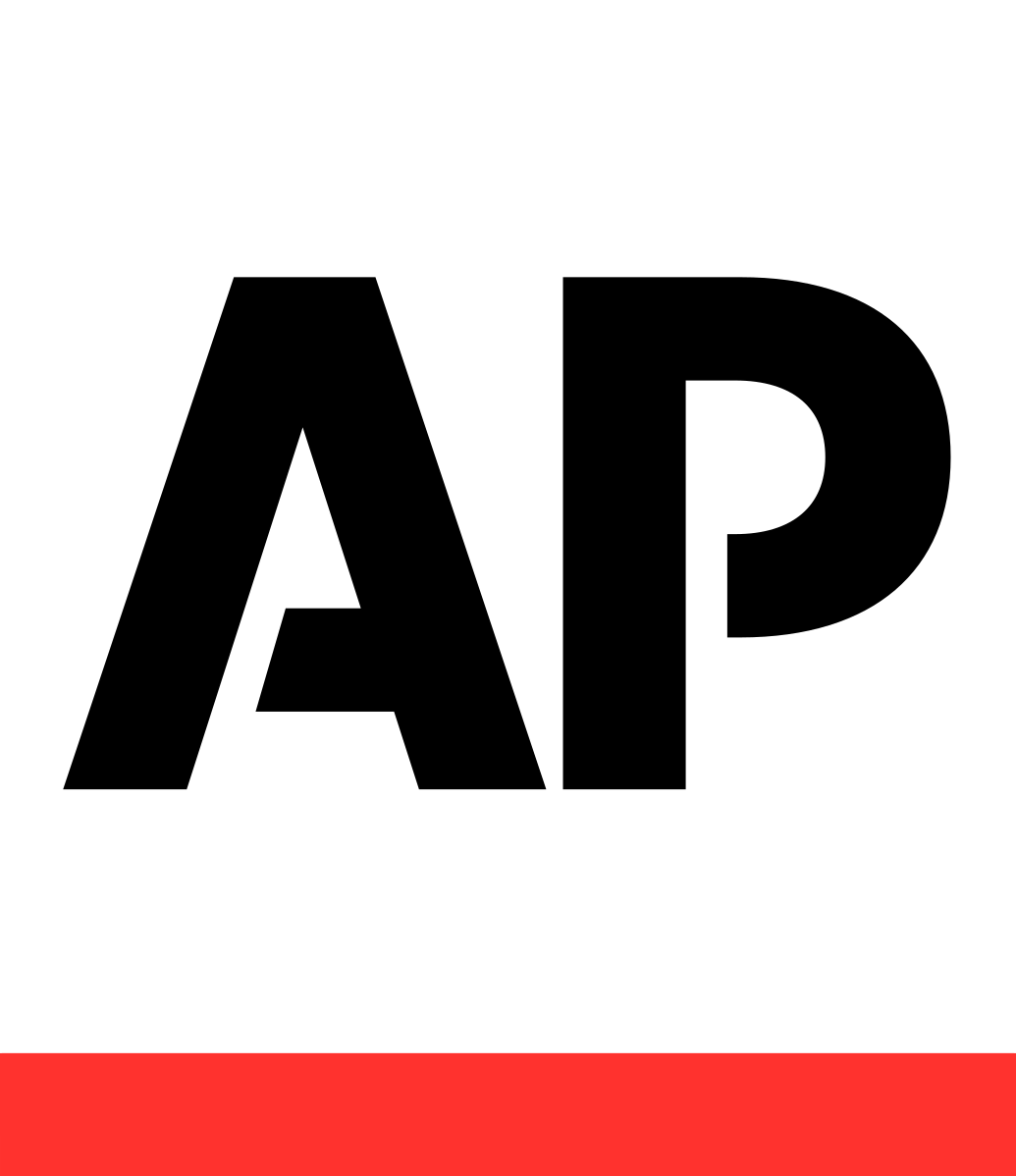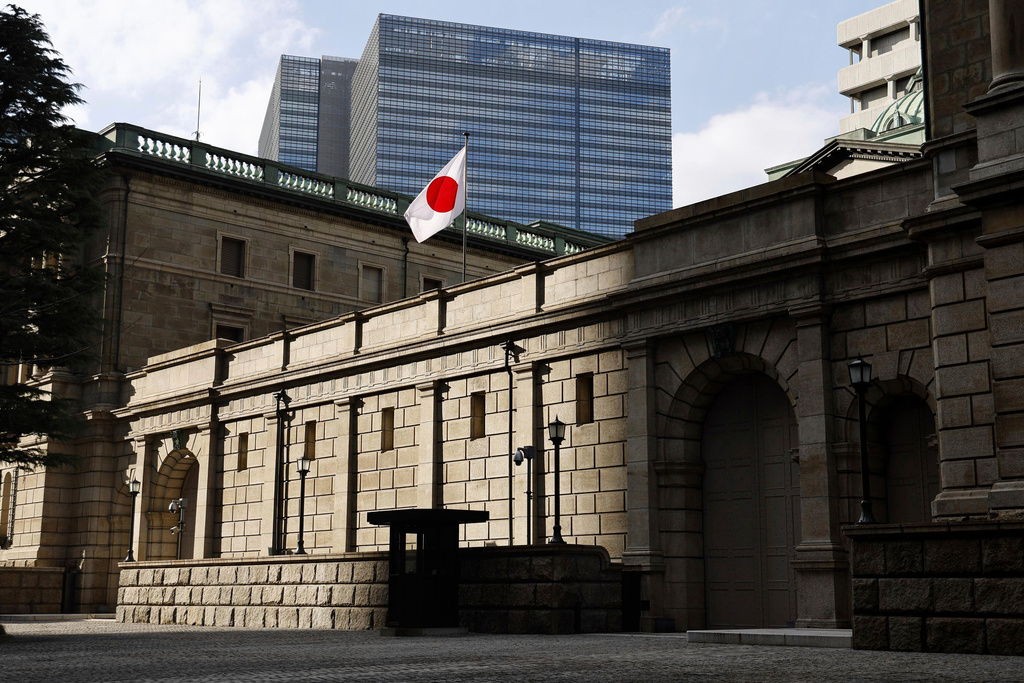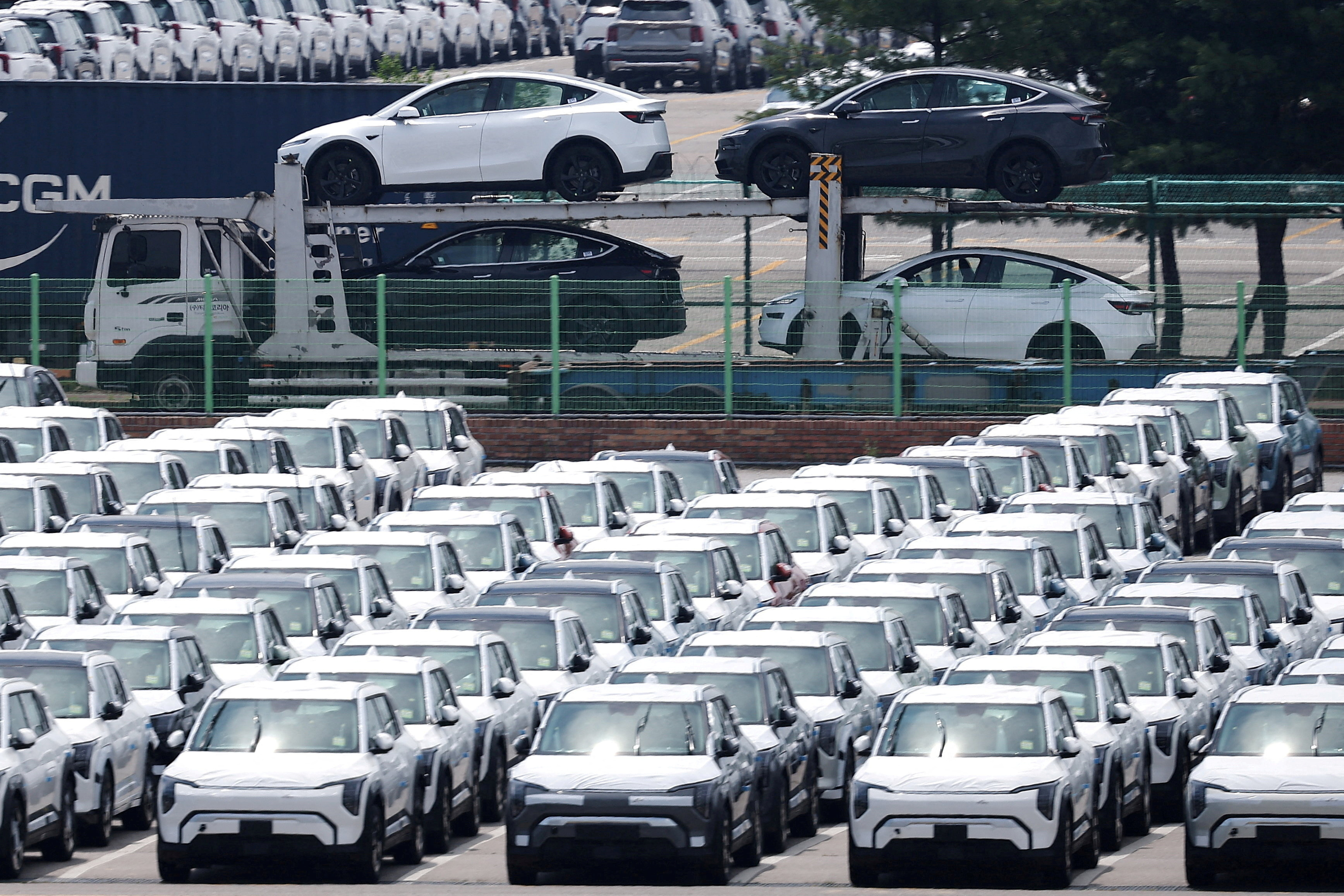TOKYO: Japan’s chief trade negotiator defended a tariffs deal with the US, expressing respect for President Donald Trump and calling him a “tough negotiator.”
Trade envoy Ryosei Akazawa said the pact, which set tariffs on most Japanese exports to the US at 15%, was comparable to a deal between Washington and the European Union. Unlike the EU, Japan did not have to lower its tariffs on US goods, he noted.
Japan also committed to investing $550 billion in US projects. Trump had initially set Japan’s tariff rate to increase by 25%.
Critics in Japan ridiculed Akazawa’s repeated trips to the US to work toward a deal as a waste of taxpayer money, saying he should pitch a tent on the White House lawn.
Akazawa said talks with US Commerce Secretary Howard Lutnick, Trump and others in his administration were tense at first. By his eighth trip, a rapport had been established, enabling the two sides to reach an agreement by July.
“President Trump was a tough negotiator, but I kept insisting, and he would listen graciously. I have all the respect for him,” he told reporters at the Foreign Correspondents’ Club of Japan. “It was a good round of negotiations.”
“It goes without saying that with any government negotiations, there will always be someone who says Japan lost out, no matter what,” Akazawa said.
The double-digit tariffs Trump imposed on imports from various nations were a blow to Japan, a key US ally in Asia. Tokyo especially objected to 25% tariffs Trump ordered on imports of steel, aluminum and automobiles.
Japan’s economy depends heavily on exports. Shipments to the US fell nearly 14% in August compared to a year earlier, the fifth straight month of declines, as auto exports were hit by the tariffs.
US tariffs on Japanese automobiles and auto parts are now set at 15%, far higher than the original 2.5%. Japanese automakers also produce many of the vehicles they sell in the US in North America.
The friction with the US over tariffs has been an added burden for Prime Minister Shigeru Ishiba’s administration. He is due to be replaced as leader of the ruling Liberal Democratic Party later this week.
The Liberal Democrats have ruled Japan almost continuously since the 1950s, but they lost their majority in the lower house, which chooses the prime minister, and will need coalition partners.
Akazawa brushed off concerns that the US understanding of the deal may differ from Japan’s. He said whoever becomes the next prime minister, Japan has an established tradition of respecting agreements, especially those forged with foreign countries.
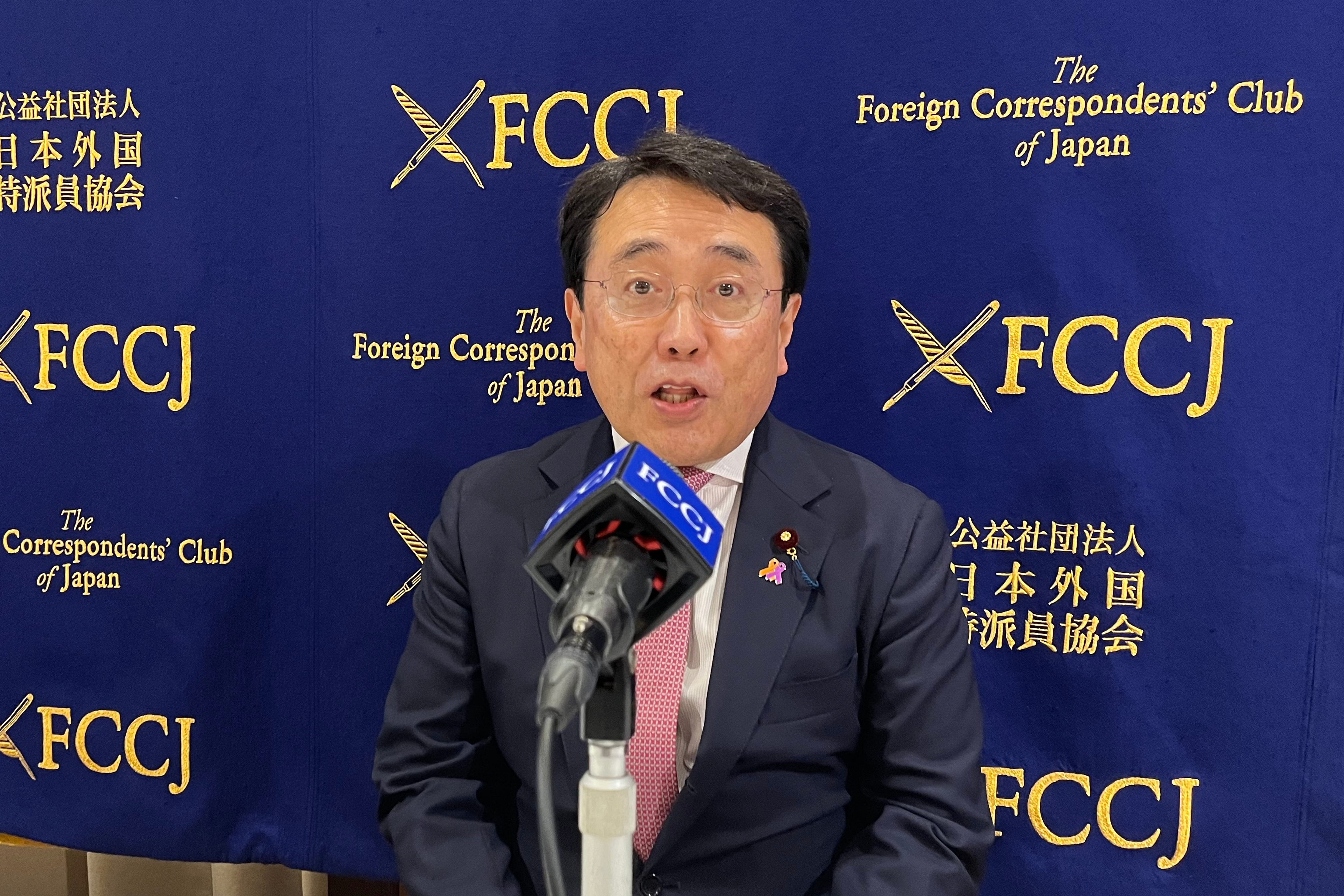
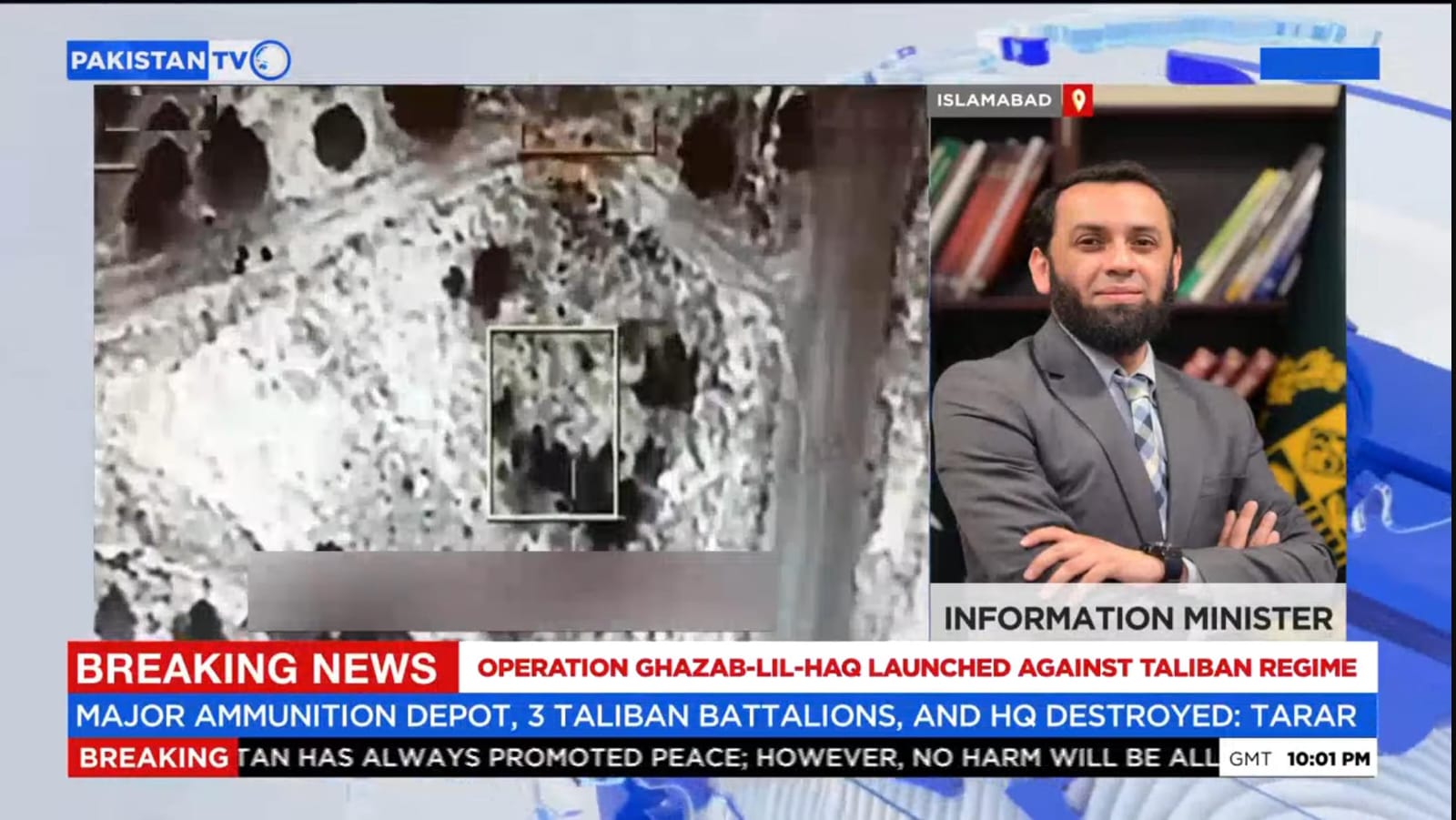
.jpg)



